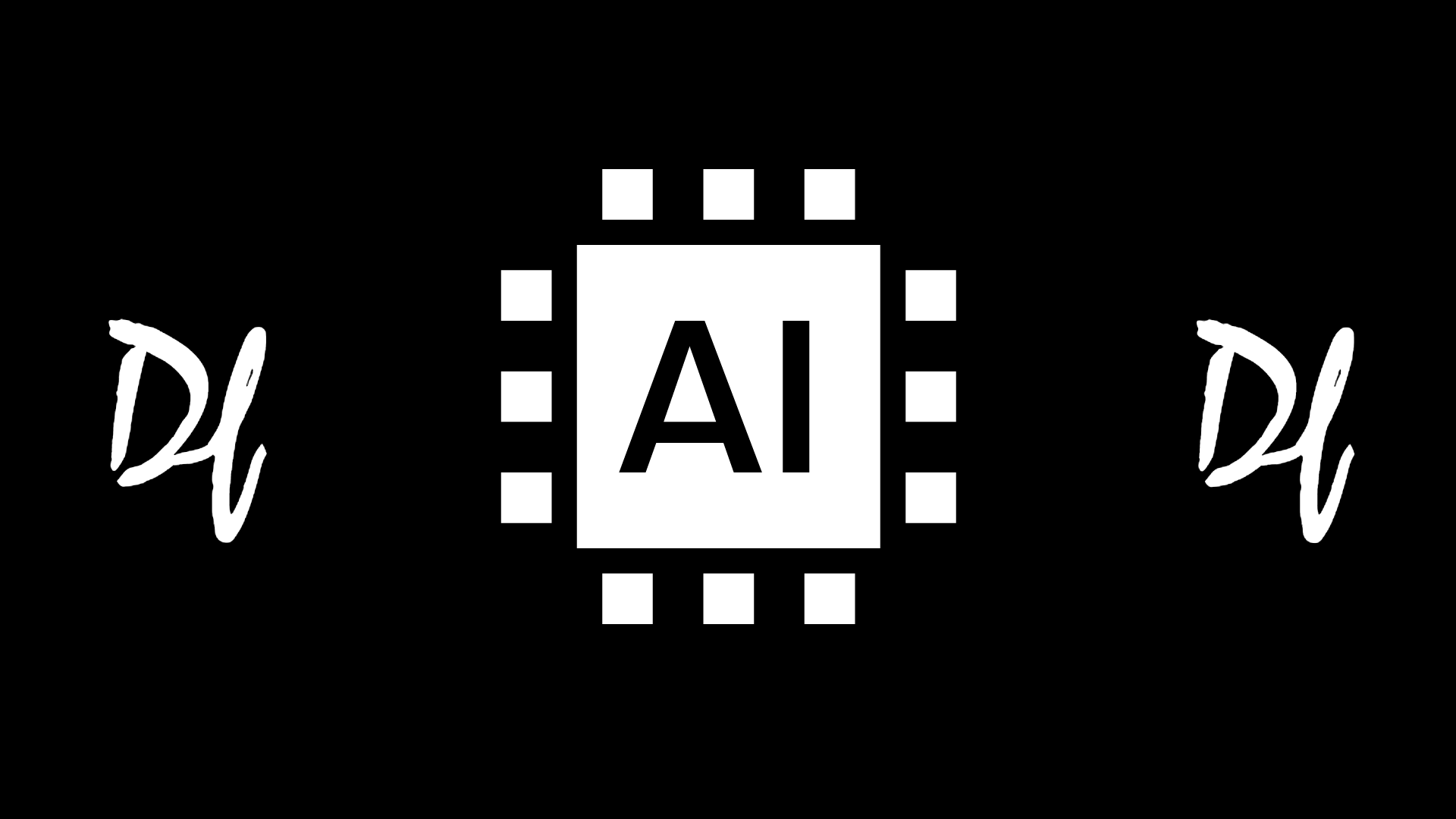The AI Revolution

Artificial Intelligence (AI) has come a long way in recent years, and it has the potential to revolutionize our world in countless ways. From improving healthcare and transportation to revolutionizing the way we work and play, AI has the power to change our lives for the better.
What is Artificial Intelligence?
Artificial Intelligence is a branch of computer science that focuses on creating machines that can perform tasks that typically require human intelligence. This includes recognizing speech, making decisions, and solving problems. AI systems are designed to learn from data and experiences, and they can improve over time as they process more information.
The Impact of AI on Society
AI is already having a significant impact on society, and it has the potential to transform many different industries. For example, AI is being used to improve healthcare by enabling doctors to make more accurate diagnoses. It is being used to develop self-driving cars that could make transportation safer and more efficient. AI is also being used to improve our work by automating many routine tasks and allowing us to focus on more creative and strategic work.
In addition to these benefits, AI also has the potential to create new jobs and industries. For example, as AI systems become more advanced, people will need to develop, maintain, and manage these systems. There will also be a growing demand for experts in areas such as ethics and policy as we work to ensure that AI systems are used responsibly and in a way that benefits society.
The Future of AI
The future of AI is both exciting and uncertain. On the one hand, AI has the potential to revolutionize many different industries and improve our lives in countless ways. On the other hand, there are also concerns about the potential consequences of AI, including the risk of job displacement and the potential for AI systems to be used for harmful purposes.
To ensure that AI's future is positive and its benefits are widely shared, governments, organizations, and individuals need to work together to address these challenges. This will require a commitment to ethical AI development and investments in education and training to ensure that people have the skills they need to succeed in the age of AI.
The Pros and Cons of Artificial Intelligence (AI)
Artificial Intelligence (AI) has the potential to revolutionize our world, but it also presents some challenges and concerns. This blog post will take a closer look at AI's benefits and drawbacks, exploring why it is both good and not excellent.
This Part Has A Personal Opinion
6 Reasons Why AI is Good
Improved Decision Making: AI systems are designed to process vast amounts of data and make decisions based on that data. This can lead to more accurate and efficient decision-making and a reduction in human error.
Increased Productivity: AI systems can automate many routine tasks, freeing time for humans to focus on more creative and strategic work. This can increase productivity and efficiency, and it can also reduce the risk of burnout.
Better Healthcare: AI systems can analyze medical data and make more accurate diagnoses, leading to better healthcare outcomes. AI can also be used to develop new treatments and cures, further improving healthcare for people worldwide.
Enhanced Safety: AI systems can improve safety in various contexts, from self-driving cars to smart homes. By automating tasks and reducing the risk of human error, AI can help make our lives safer and more secure.
Increased Accessibility: AI systems can make a wide range of products and services more accessible to people with disabilities, including speech recognition and text-to-speech technologies.
Better Customer Service: AI systems can provide faster and more personalized customer service, improving the overall customer experience.
Three Reasons Why AI Isn't Amazing
Job Displacement: AI systems can automate many jobs, leading to job loss and economic disruption. This concerns industries that rely on routine tasks, such as manufacturing and data entry.
Bias and Discrimination: AI systems can perpetuate existing biases and discrimination, leading to unfair and unequal outcomes. This can be particularly problematic in hiring and criminal justice areas, where AI systems may be used to make crucial decisions.
Privacy and Security: AI systems require vast amounts of data to function, which can be vulnerable to theft and misuse. Additionally, AI systems can be used for malicious purposes, such as cyberattacks, leading to concerns about privacy and security.
Conclusion
AI has the potential to improve our lives in many ways, but it also presents some challenges and concerns. From job displacement and bias to privacy and security, it is essential to consider both the benefits and drawbacks of AI as we work to ensure that this technology is used responsibly and ethically. By addressing these challenges and investing in education and training, we can ensure that AI's future is positive and its benefits are widely shared.